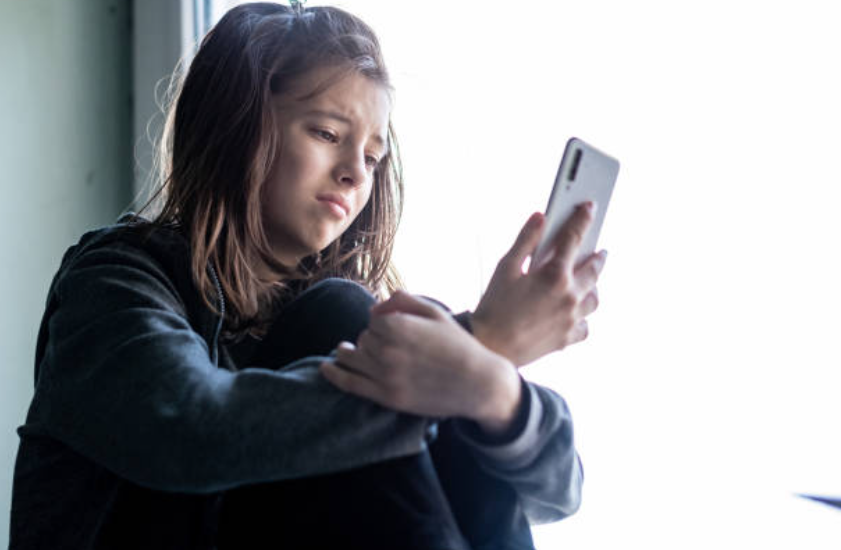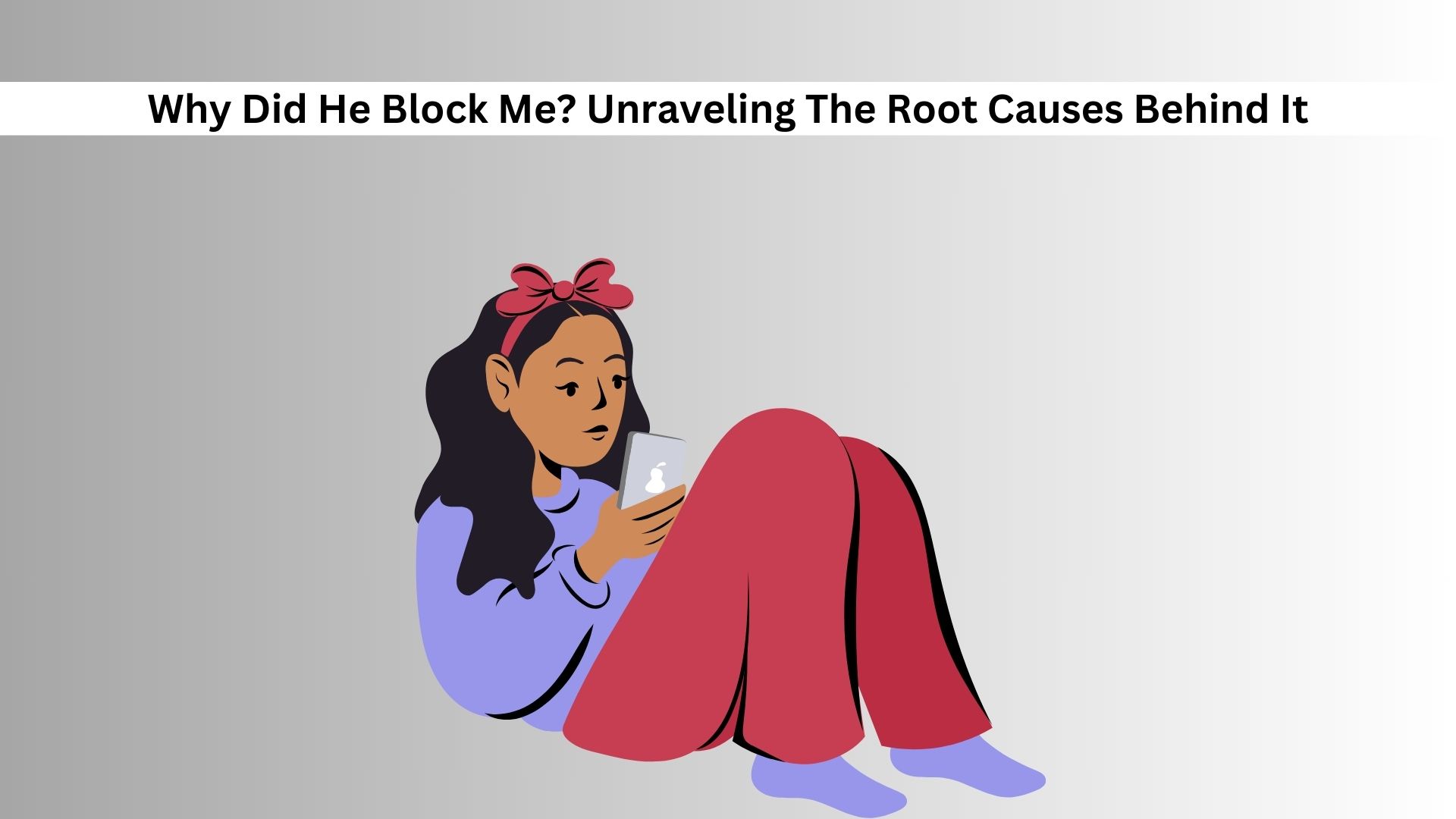Getting blocked on social media can happen for many reasons. It can be tough for both people involved. Remember, being blocked doesn’t mean there’s something wrong with you. It often shows that the other person is setting their boundaries or dealing with personal issues.
It’s important to keep an open mind and remember that every situation is different and filled with personal reasons we might not fully understand. Let’s discuss this in a straightforward way, considering everyone’s feelings and perspectives.
Common Reasons for Blocking
Hurtful Behavior

Engaging in hurtful behaviour, like making thoughtless remarks or manipulating others, often gets blocked on social media. When someone acts in a way that’s seen as disrespectful or harmful, others might cut off digital ties to protect themselves.
This could be because of constant negativity, personal attacks, or not caring about someone else’s feelings. These actions can damage relationships and look bad online, leading to being blocked. The person doing the blocking might feel it necessary to maintain their peace of mind. So, to avoid these issues, it’s important to respect others’ boundaries online.
Displays of Toxicity
People often block others on social media because of toxic behaviour. When someone posts hurtful comments, shares offensive material, or manipulates others, it can motivate people to block them to maintain a peaceful online space. Also, harsh criticism or inappropriate flirting can worsen the situation, making someone feel attacked or harassed. Blocking allows people to set boundaries and keep their social media interactions healthy and respectful.
Mistaken Actions
Mistaken actions, like sending a message to the wrong person or getting the wrong idea from someone’s behaviour, often lead to being blocked on social media. It’s easy to miss the tone or context in the quick-moving online world. Simple mistakes—like sending a message to the wrong person, making a clumsy joke, or commenting too often—can seem intrusive or rude. This usually results in the person on the receiving end blocking the sender to stop more messages.
Shifts in Interests
People often block others because their interests and activities change. As we grow, what we like and who we spend time with can shift. This can make us drift away from old friends, and sometimes, it makes one person feel like they no longer want to keep in touch with the other.
Dynamics of the Relationship
In relationships, people often block each other for a few common reasons. One reason is to gain control. When someone blocks another, they decide when and if they talk. This can make one person hold all the power in determining how and when they communicate.
Another reason is jealousy. If one partner feels threatened by the other’s interactions with different people, they might block them. This can happen if they see their partner talking to someone else and feel insecure or worried.
Effects of Being Blocked
Emotional Reactions

When someone finds out they’ve been blocked on social media, they often feel confused and shocked. They might wonder why they can’t see updates from friends or family members anymore. This can lead to feelings of rejection, which might make a person sad or angry, depending on their relationship with the person who blocked them.
If the reason for being blocked isn’t apparent, it might make someone doubt their value or feel insecure. They might also worry about what other friends think or feel anxious about missing out on news from people they care about.
Confronting the person who blocked you
If you’re considering reaching out to someone who blocked you on social media, it’s essential to think it through first. Ask yourself why you want to talk to them and be ready for any response, even if it’s not what you hope for. Keep the conversation polite and try to see things from their point of view. This might help fix things, but be prepared that they might not want to talk or reconnect.
Importance of Personal Boundaries
Understanding personal boundaries is especially important when someone blocks another on social media. This often shows that someone has set or strengthened their limits. Blocking can protect a person from interactions that feel harmful or too much.
This can make the blocked person feel rejected or confused. However, some might see it as a necessary step for the person who blocked them. It shows why respecting other people’s boundaries and talking clearly about what makes us comfortable or uncomfortable in relationships is essential.
Conclusion
In conclusion, dealing with being blocked means thinking carefully about yourself, talking openly, and handling your emotions well. It’s important to figure out why you were blocked. Maybe the person needed space, felt too stressed, or it was about the relationship. Knowing this can help you grow and handle things better next time.
Respect the other person’s choice and look after your own feelings. Remember, being blocked doesn’t reflect your value; it’s a chance to build your strength and improve yourself. If it gets tough, don’t hesitate to ask for help and keep valuing yourself.

